In the relentless battle against tuberculosis (TB), the dire need for medication access cannot be overstated. TB, a global health menace, disproportionately affects the most vulnerable in society. Shockingly, it's the government's abysmal failure in effectively managing resources that now threatens the very lives of TB patients.
Tuberculosis is a global health crisis, and nations like Kenya have pledged comprehensive efforts to combat it. However, the cold, hard truth is that the government's budgetary promises rarely match on-the-ground realities when it comes to implementation.
Kenya's government allocates substantial funds for healthcare, including TB treatment. Yet, the allocation is often nothing more than ink on paper, failing to ensure an efficient supply of medication.
The shortages of TB medication in Kenya stem not from insufficient resources but rather from mismanagement of the allocated funds. The government's inability to secure a steady supply of medication plunges TB patients into a perilous abyss.
The fallout from this government neglect is nothing short of devastating. TB patients live in constant dread of medication disruptions, risking drug resistance, complications, and even death. This is a preventable tragedy, and it's high time for the government to execute its budgetary promises effectively.
Kenya's aspiration to achieve Universal Health Coverage (UHC) is admirable, but its success is contingent on the consistent availability of essential medications, including those for TB. The government's negligence in ensuring this supply is an affront to the UHC agenda, denying citizens the healthcare they're entitled to.
Now is the moment for advocates, healthcare professionals, NGOs, and citizens to rally for change. It's time to hold the government accountable for its promises, demanding concrete actions to remedy the TB medication shortage.
Access to TB medication is a non-negotiable right for every Kenyan battling this disease. The government's shocking apathy in ensuring this access is utterly unacceptable. It's imperative that all stakeholders unite, demand accountability from the government, and forge a future where no TB patient suffers due to insufficient medication. Through collective action and relentless advocacy, we can shatter the government's neglect and secure TB patients' access to medication once and for all.

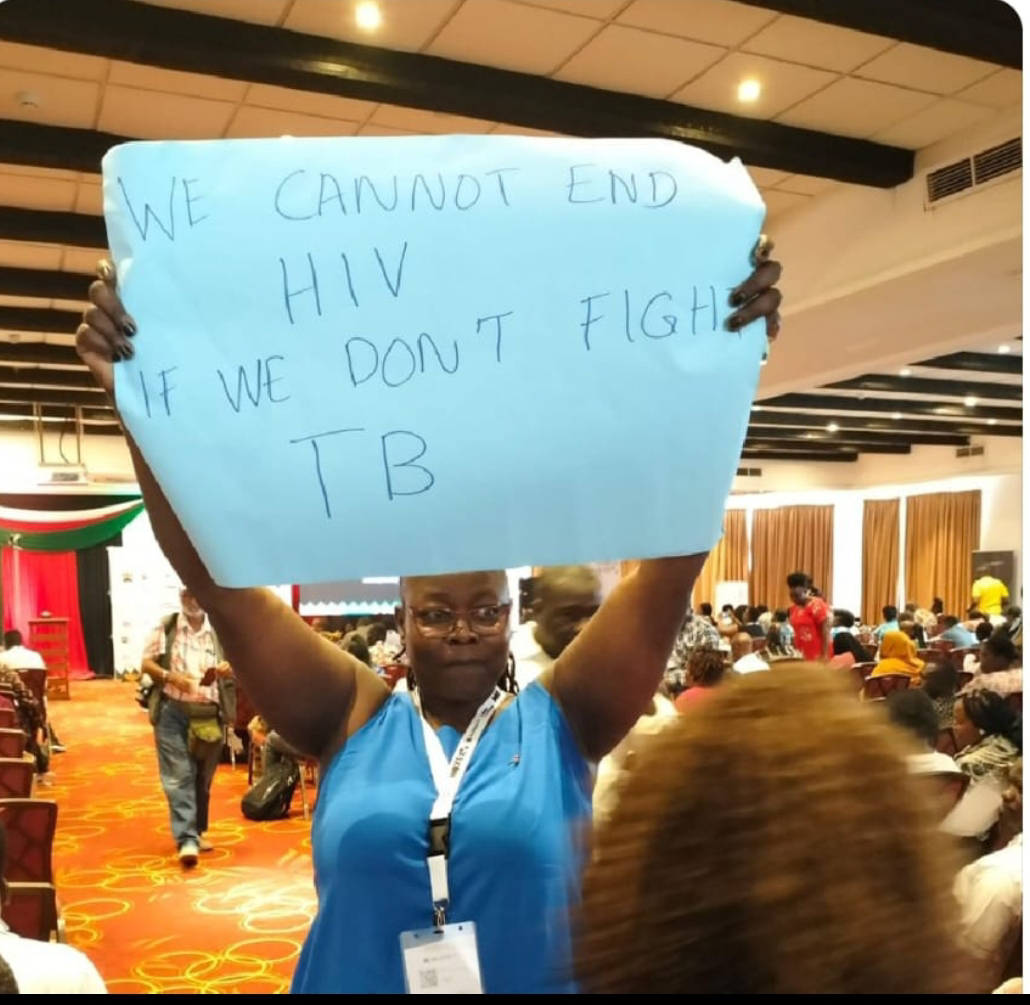

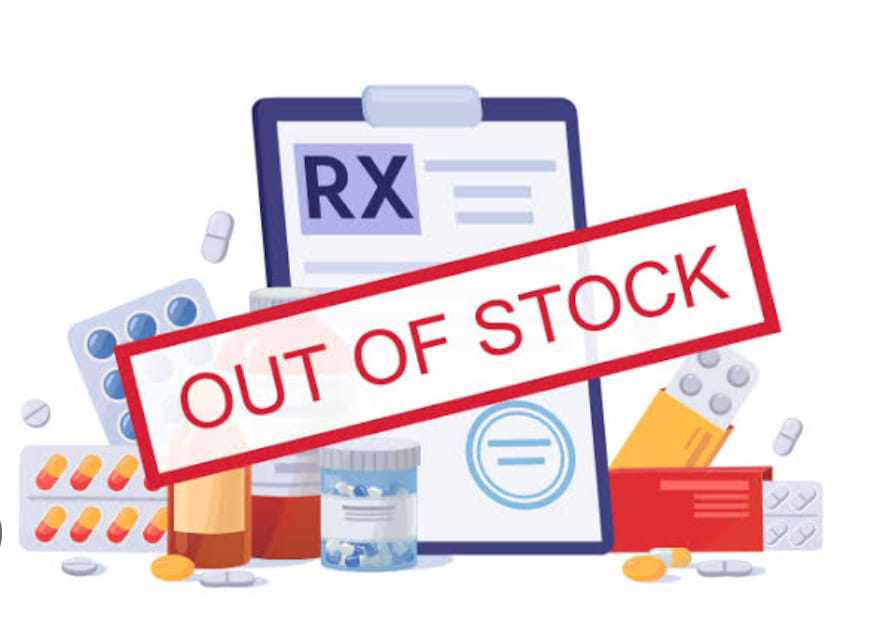


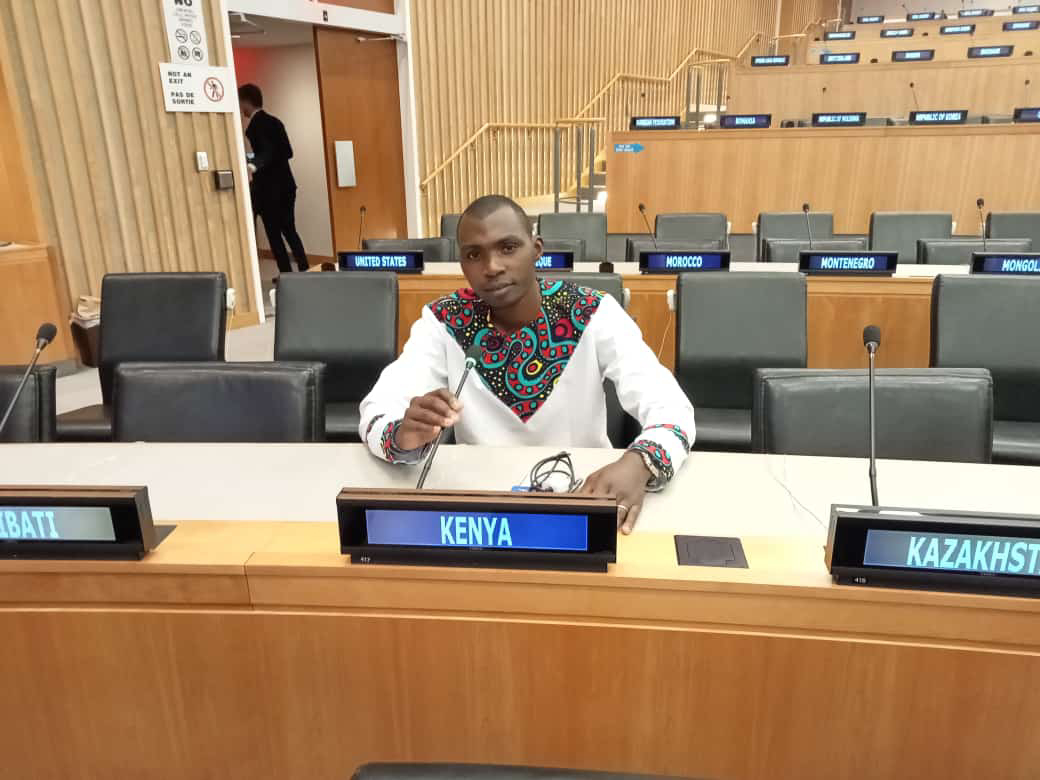
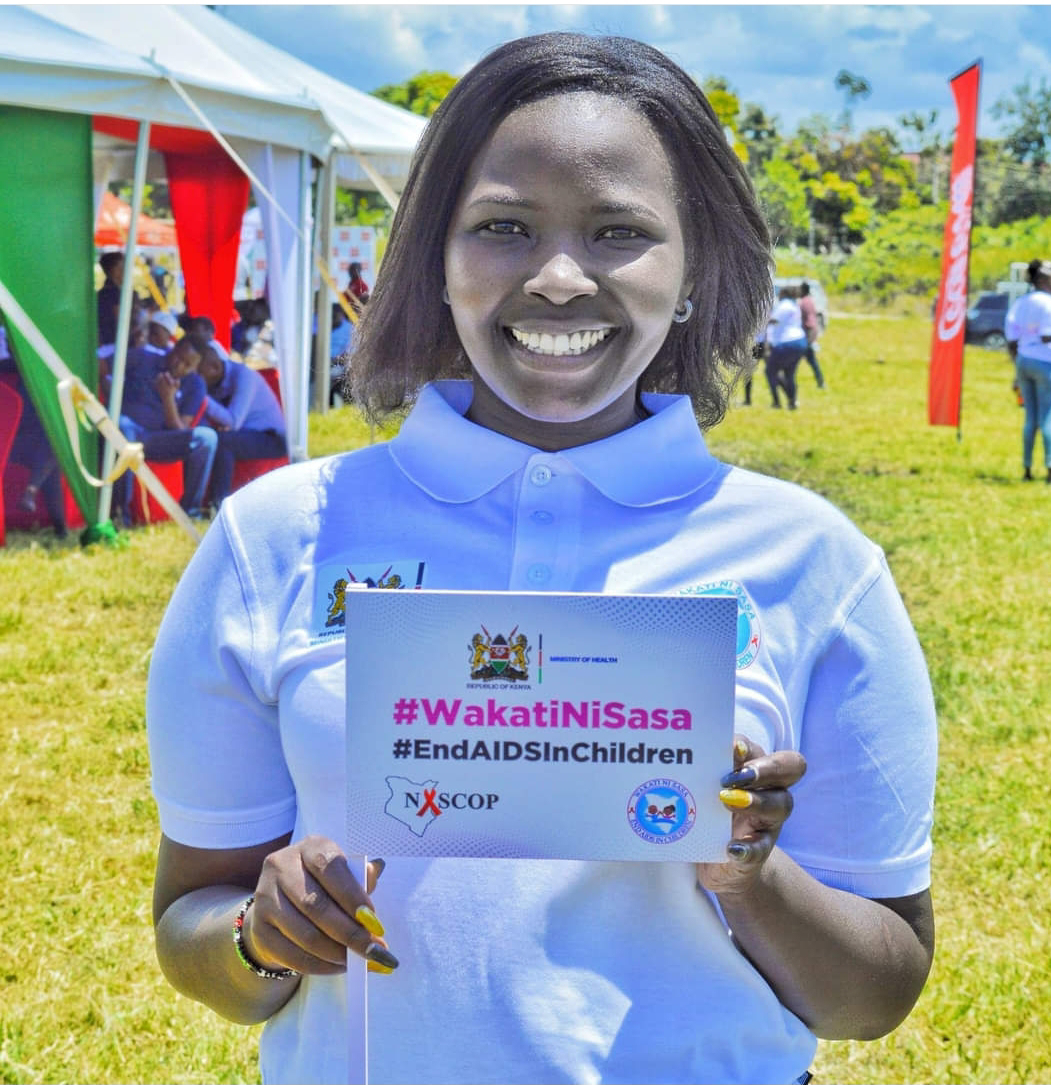
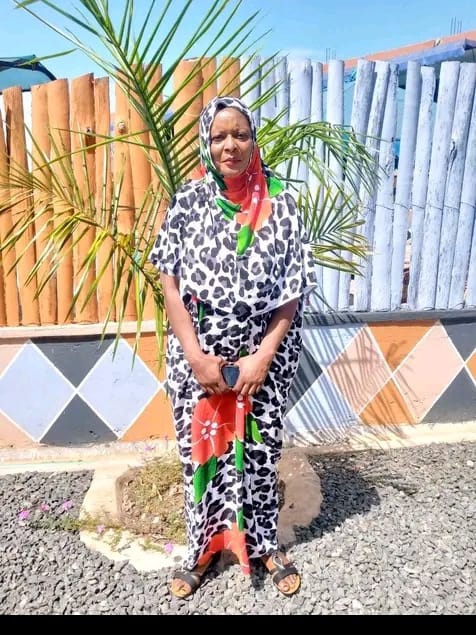



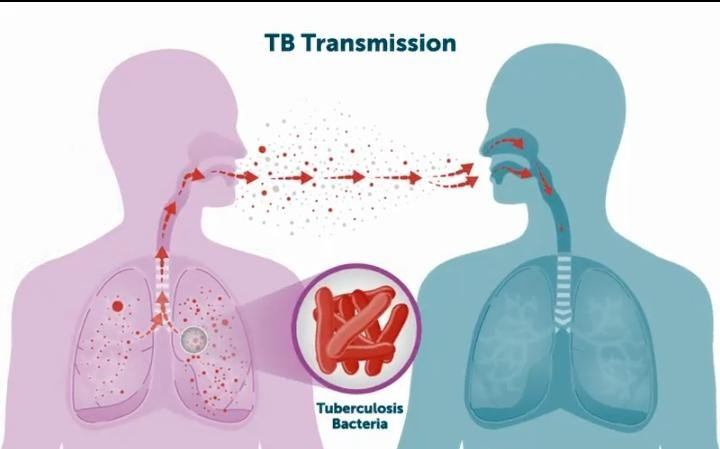



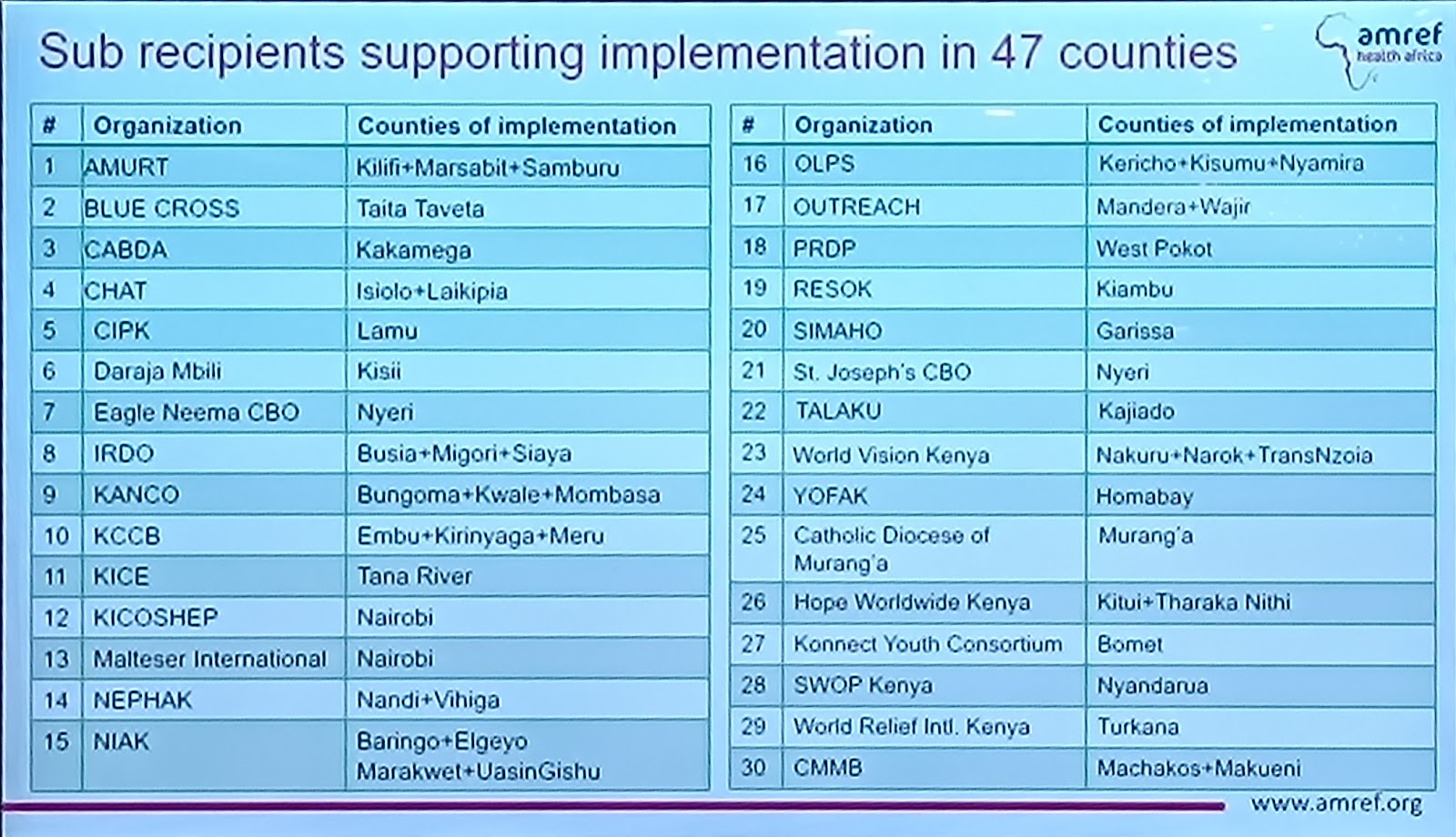






.jpg)